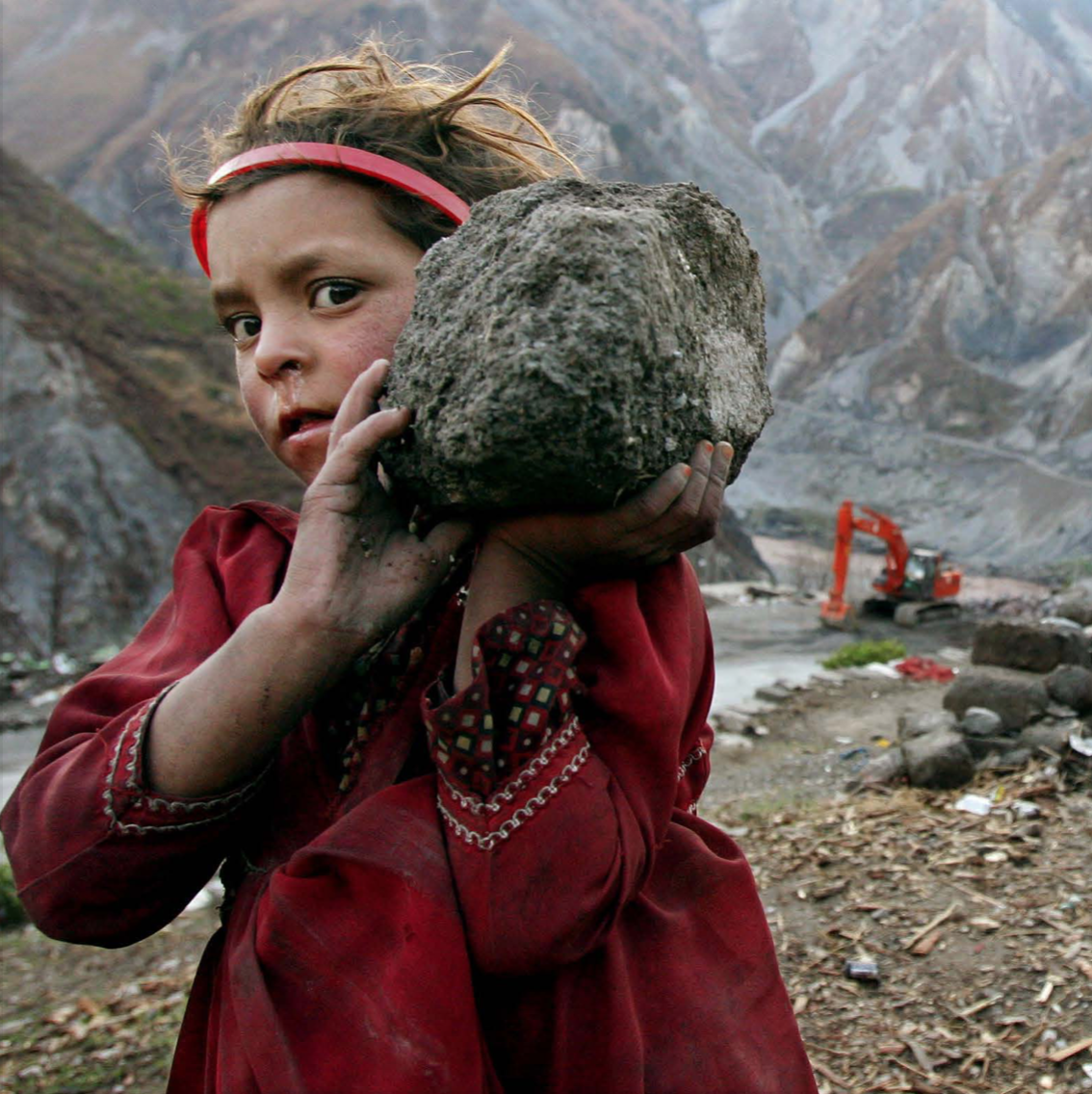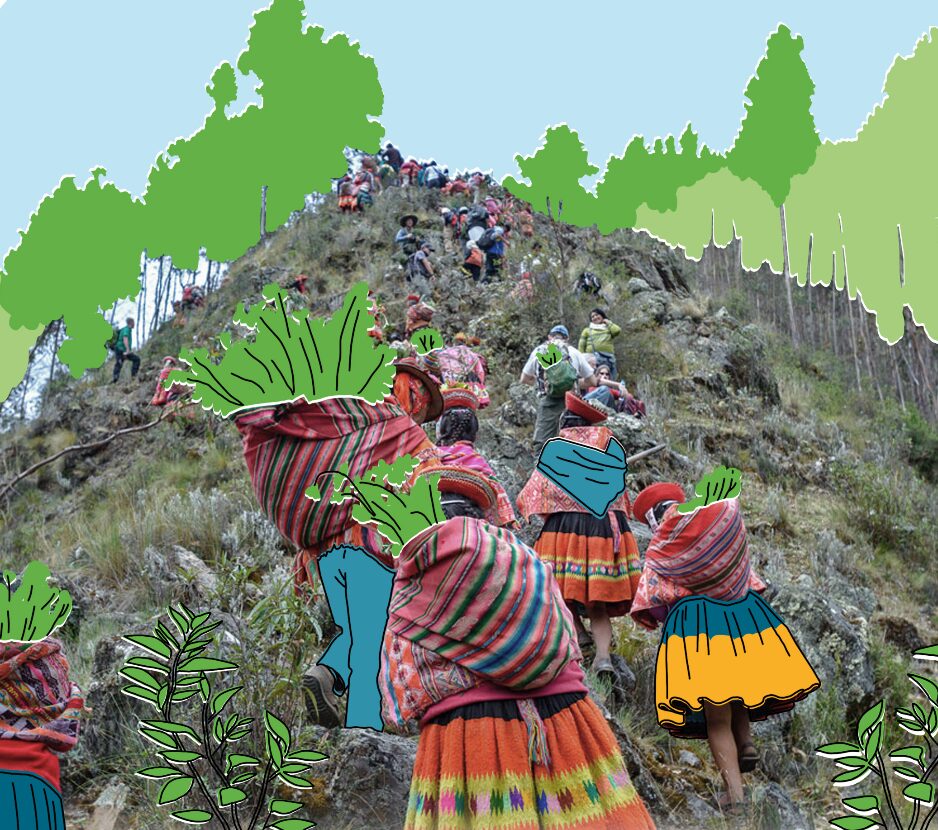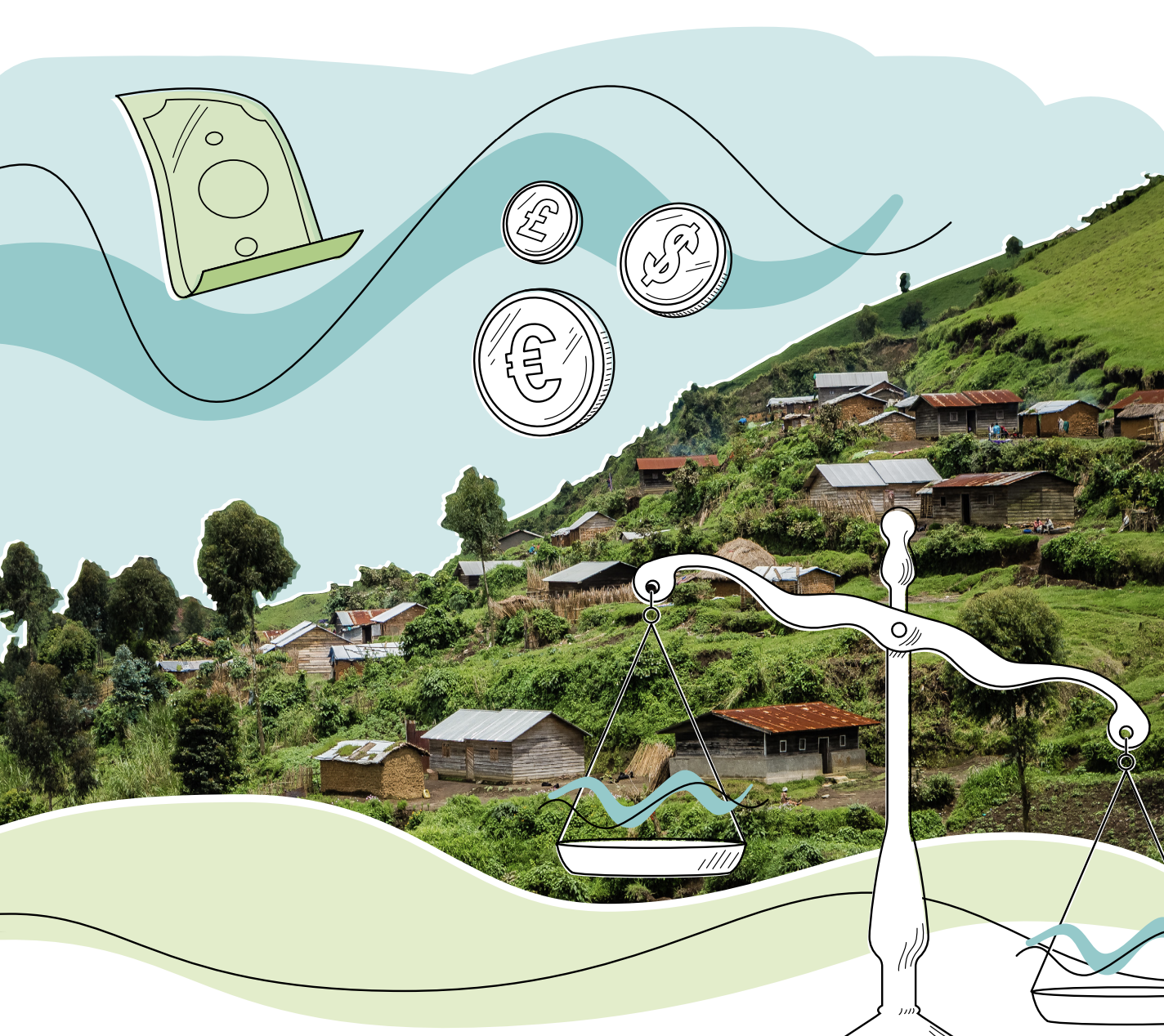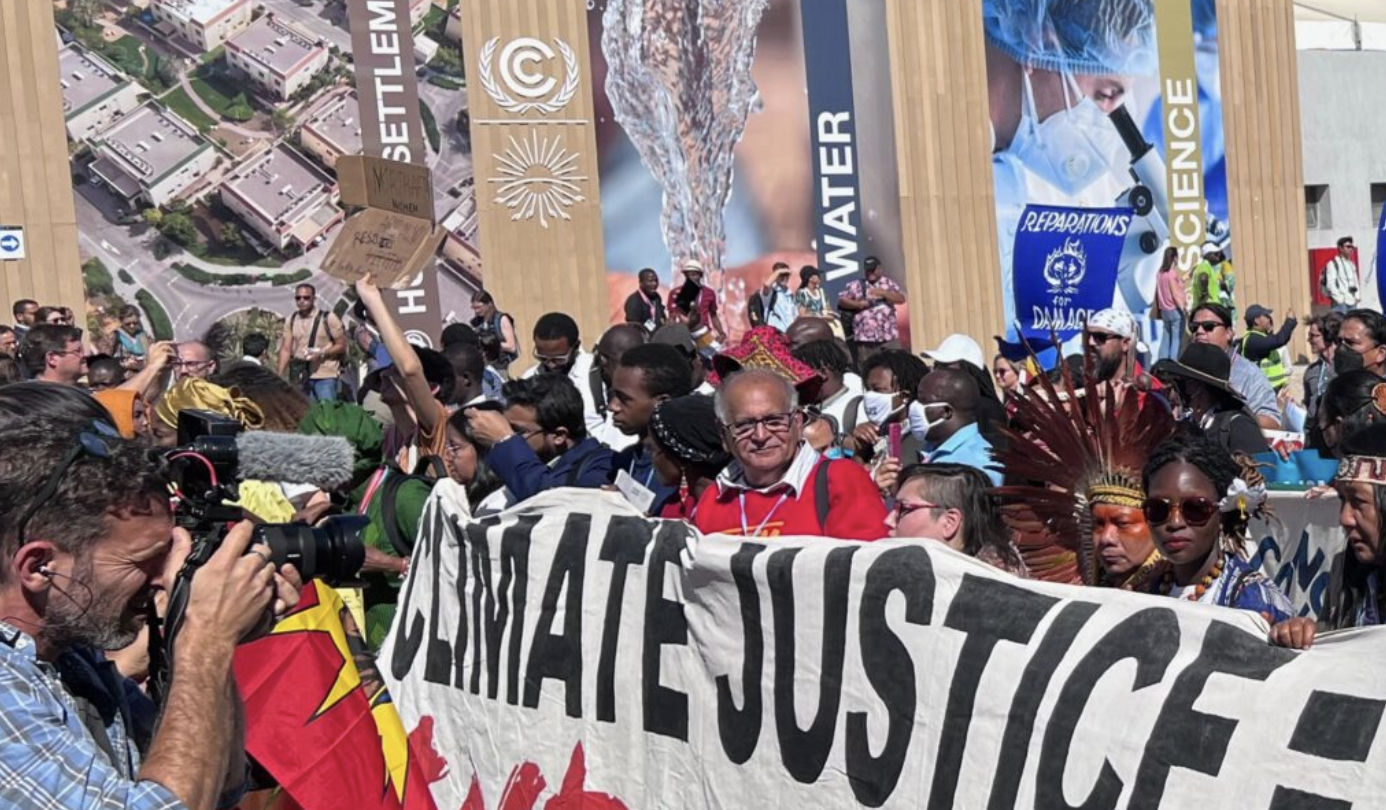Leave No Mountain Behind: The Synthesis Series – Integration of Indigenous knowledge for adaptation in mountain regions

Mountains feature some of the clearest indications of climate change: rising temperatures, melting glaciers and changing precipitation patterns are disrupting water flows and affecting ecosystems, creating and worsening natural hazards and threatening livelihoods and communities both within mountain regions and further downstream. Indigenous mountain peoples are among the first to experience these impacts of climate change, even though they contribute little to global greenhouse gas emissions. They are crucial agents of change because the knowledge and ways of life passed down through multiple generations are essential for climate change mitigation and adaptation in mountain regions.
Here we synthesize experience and learning captured on the Adaptation at Altitude Solutions Portal that show how Indigenous knowledge (also termed local or traditional knowledge) has been leveraged to support climate change adaptation in mountain regions. As of August 2023, 25% of the solutions (22 out of 88) showcased on the portal have involved the use of Indigenous knowledge.
This article is an abridged version of the original text, which can be downloaded from the right-hand column. Please access the original text for more detail, research purposes, full references, or to quote text.
Key findings
Indigenous knowledge is harnessed and integrated into various aspects of climate adaptation, helping mountain communities cope with the adverse effects of climate change. Drawing on examples from the Adaptation at Altitude Solution Portal, the manner in which Indigenous knowledge is used in climate adaptation in mountain regions can be summarised under five themes:
- Ecological expertise and biodiversity conservation
Indigenous Peoples primarily depend on natural resources and ecosystems for their livelihoods and share a complex relationship with their surroundings and ecosystems, which they value for more than mere economic gains. Indigenous communities therefore typically possess deep ecological knowledge passed down through generations and often serve as capable stewards of biodiversity-rich mountain ecosystems. Their traditional conservation practices help protect critical habitats and preserve plant and animal species that can be vital for adaptation. Preserving biodiversity can further enhance resilience by ensuring access to diverse food sources and traditional medicines. - Traditional farming techniques
Indigenous Peoples have developed resilient agricultural practices tailored to mountain environments. Techniques such as terracing, crop diversification, and water management systems are adapted to the specific challenges posed by climate variability and change, including shifting precipitation patterns and temperature fluctuations. - Community cohesion and networks
Indigenous knowledge fosters community cohesion and resilience. Traditional decision-making processes, cultural values, and social networks enable communities to respond effectively to climate-related challenges. Indigenous knowledge can inform community-based adaptation strategies, such as disaster preparedness plans, conservation plans and water resource management initiatives. - Cultural and spiritual resilience
Indigenous knowledge recognises the interconnectedness of nature and culture. By preserving traditional practices and spiritual beliefs linked to their environment, Indigenous communities maintain their cultural identity and resilience, which can be a source of strength during times of climate-related stress. - Collaboration and knowledge-sharing
Collaborative efforts between Indigenous communities and external stakeholders such as government agencies, research institutes and NGOs facilitate the exchange of knowledge and the co-development of adaptation strategies. This two-way learning process enhances the effectiveness of climate adaptation initiatives in mountain regions. Incorporating Indigenous knowledge into adaptation efforts not only increases the resilience of mountain communities, it also fosters a more holistic and sustainable approach to addressing climate change challenges in these vulnerable environments. Recognising the value of Indigenous knowledge systems is essential for creating more effective and culturally sensitive climate adaptation strategies in mountain regions.

addressing each of the 17 SDGs (p.10)
Conclusion
The Adaptation at Altitude Solution Portal provides a unique platform for showcasing how the integration of Indigenous knowledge can support climate change adaptation solutions in mountain regions around the world. The solutions demonstrate that Indigenous knowledge contributes to adaptation solutions in multiple ways, from the uptake of traditional approaches to ecosystem conservation and agriculture, to the harnessing of traditional belief systems and social networks. Policymakers, researchers, donors and organisations involved in climate adaptation should therefore respect and integrate Indigenous knowledge during the design and implementation of projects and programmes. Recognising the value of Indigenous knowledge will lead to more holistic and sustainable approaches to climate adaptation in mountain regions.
Further Resources:
Suggested Citation: Allen, S. (2023). Leave No Mountain Behind: The Synthesis Series – Integration of Indigenous knowledge for adaptation in mountain regions.




(0) Comments
There is no content